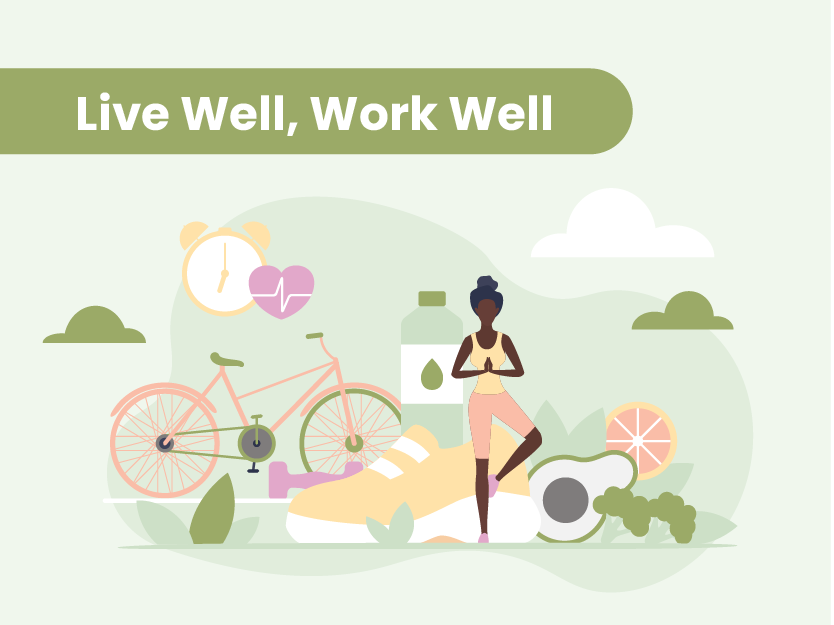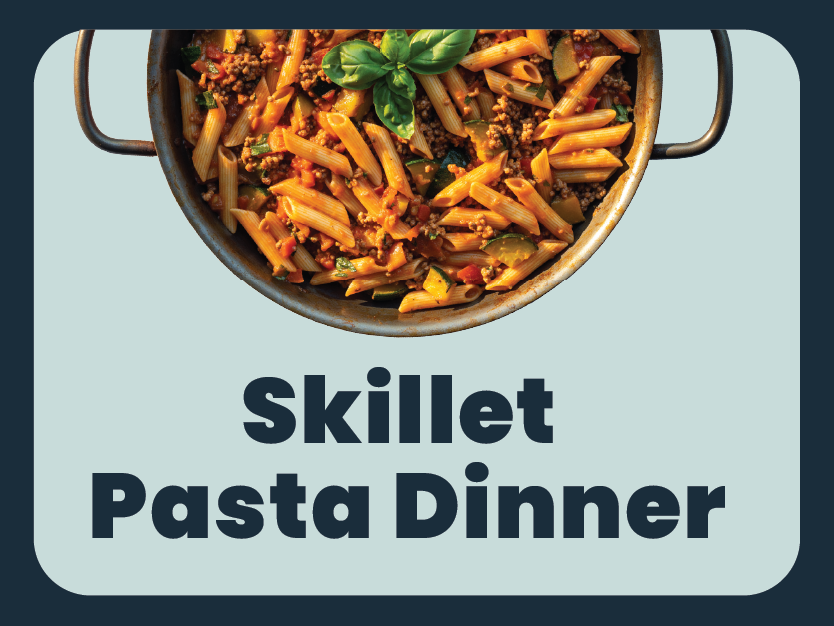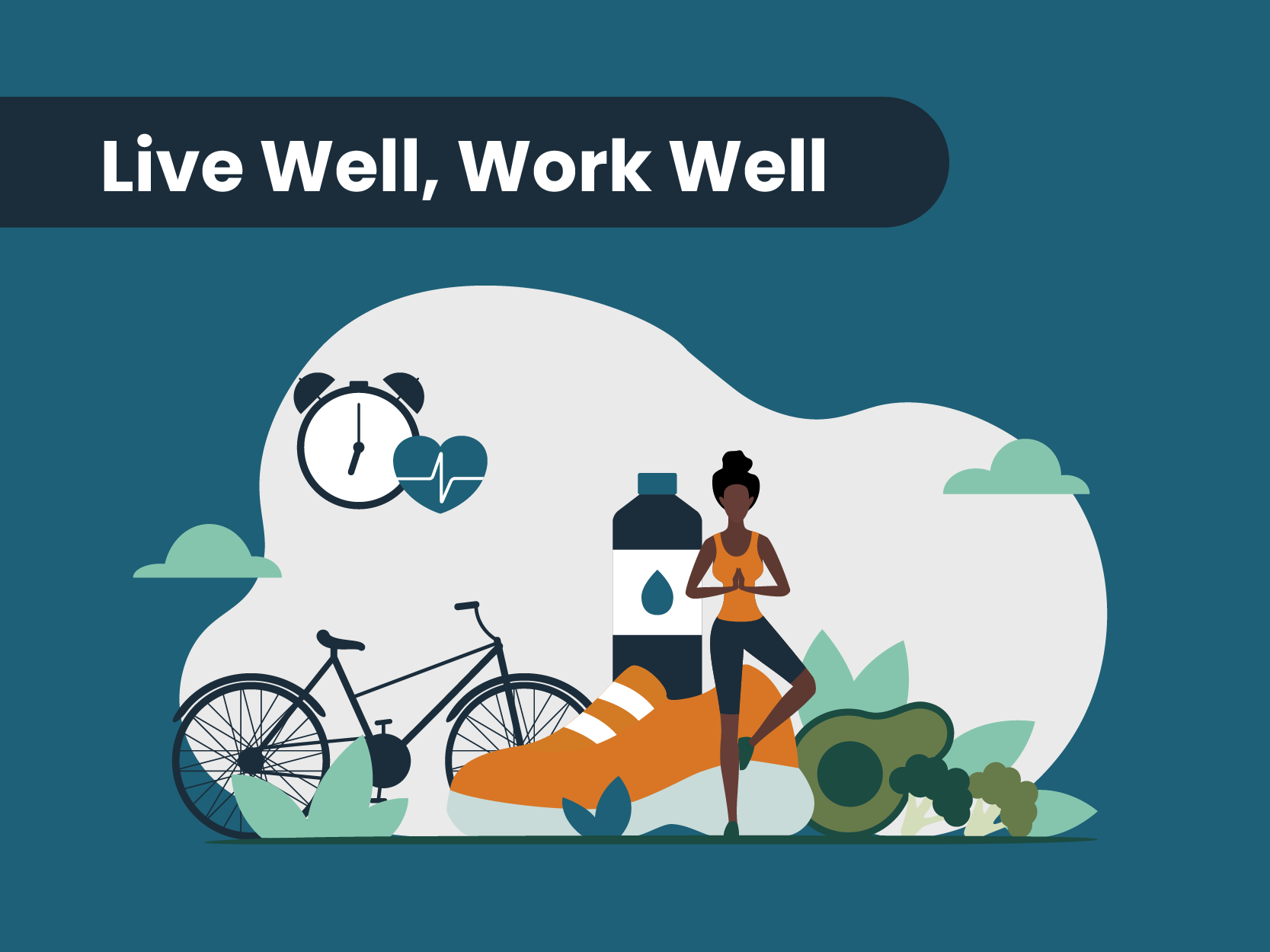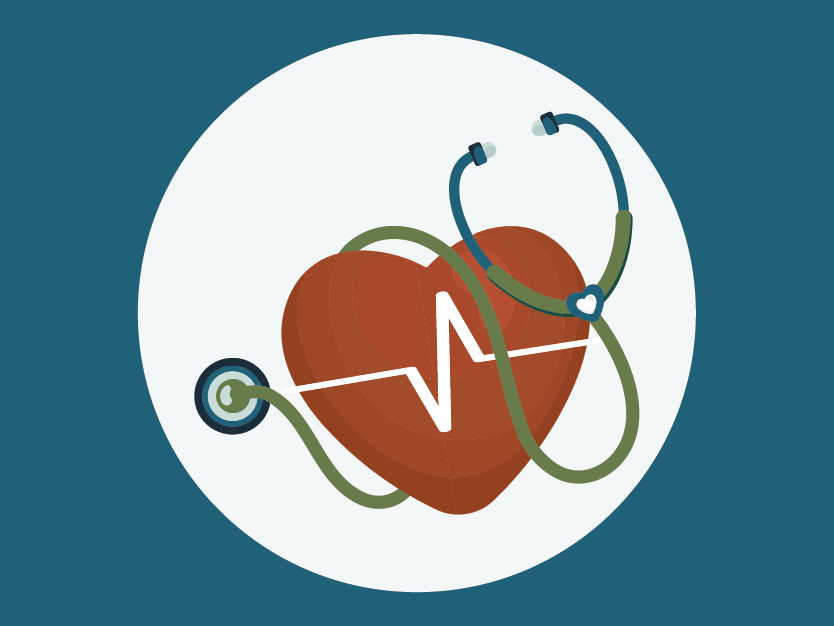Skillet Pasta Dinner
A quick and delicious one-pot meal that is sure to please the whole family. Add your favorite frozen or fresh veggies to this dish!

Cholesterol and You
Cholesterol is a waxy substance found in your blood that your body needs to build cells. However, too much can pose a problem.
High cholesterol usually has no symptoms, so the American Heart Association (AHA) recommends that adults aged 20 or older have their cholesterol checked every four to six years.
Bad cholesterol can be elevated by age, family history, certain health conditions (e.g., Type 2 diabetes and obesity) and lifestyle factors. While you can’t control all those risk factors, you can take steps to lower your risk for high cholesterol with the following lifestyle changes:
The only way to know whether you have high cholesterol is to check your levels. Visit your doctor for a cholesterol screening and to discuss lifestyle risks. Download our September newsletter to learn more!
Don't miss out on these other great articles:
Disasters such as hurricanes, tornadoes, floods and earthquakes can strike with little or no warning. September is National Preparedness Month, so no better time than now to prepare!
Haz clic aquí para Descargar en Español
WANT MORE?
Get healthy recipes, motivational quotes and first access to prize giveaways by following HealthCheck360 on social media! Follow us now.

A quick and delicious one-pot meal that is sure to please the whole family. Add your favorite frozen or fresh veggies to this dish!

Nutrition is the foundation of health, influencing disease prevention and overall well-being.

February is Heart Health Month—a perfect time to focus on the habits that keep your heart strong.